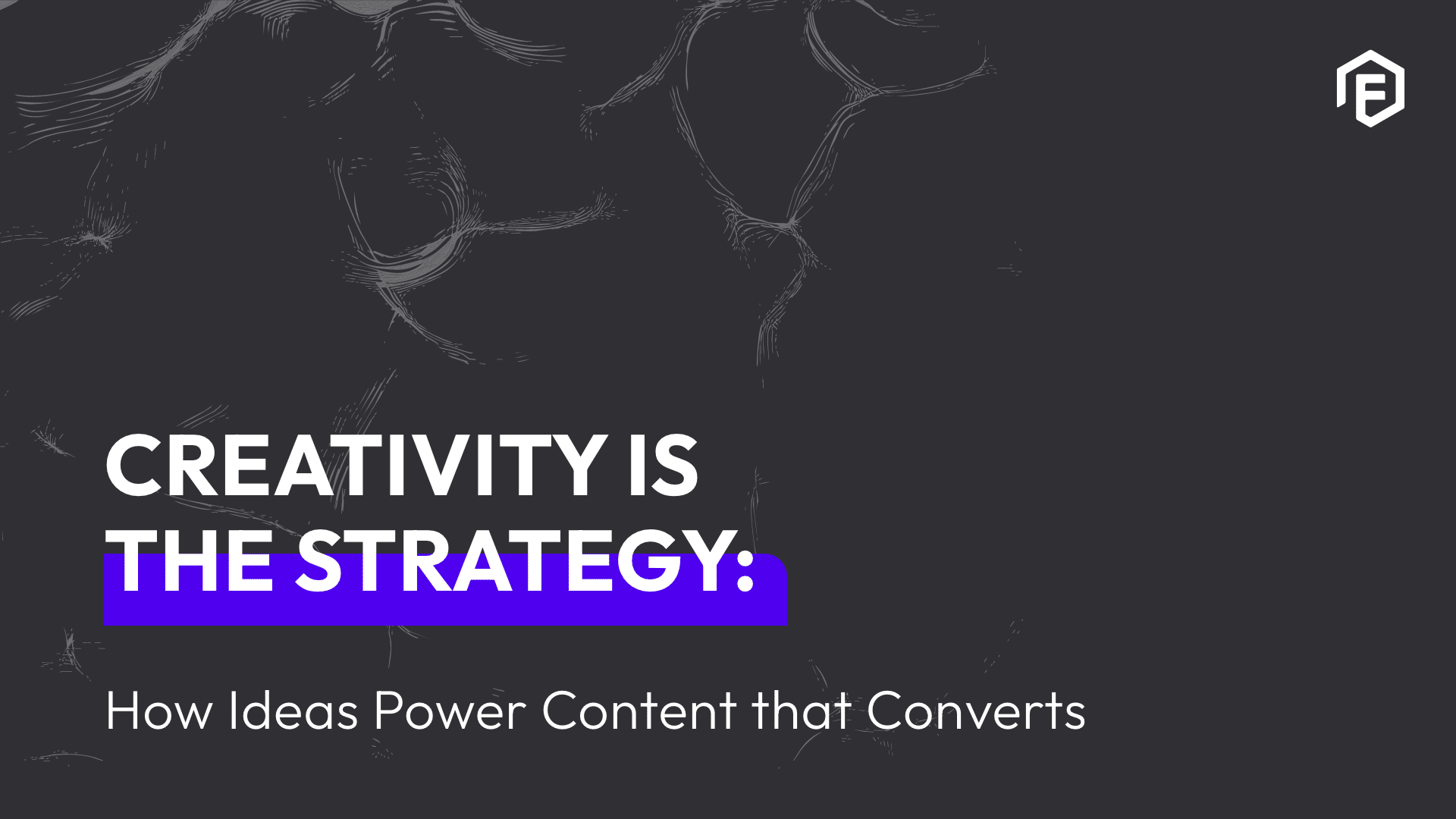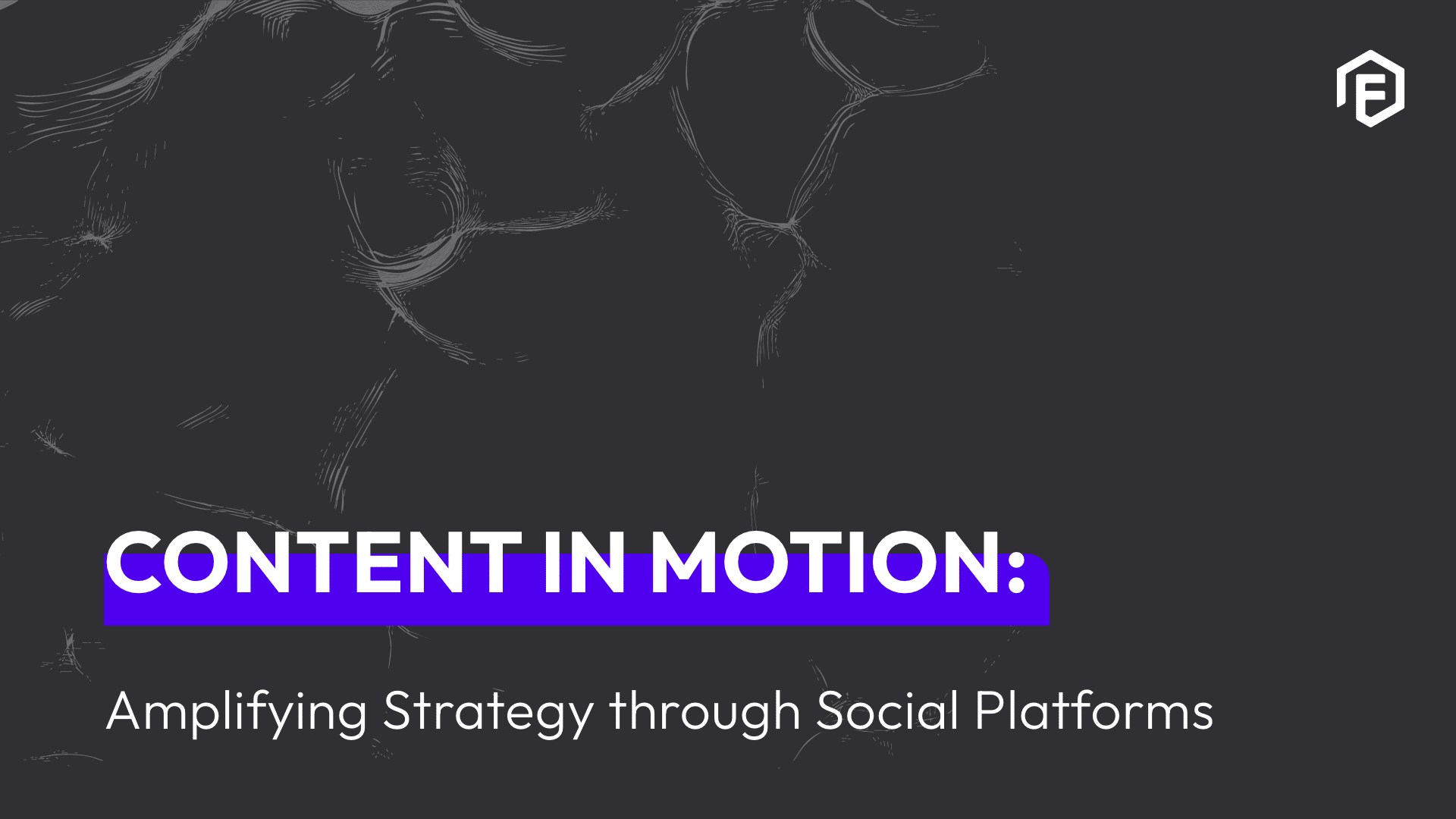SERPs. SEO. Meta. URL. CTR. If you want to learn more about the different facets of digital marketing, you definitely need to be comfortable with acronyms. One acronym that is gaining popularity in conversation and deeper understanding is SEO: Search Engine Optimisation. This is the process of growing the quality and quantity of website traffic by increasing the visibility of a website or a web page to users. SEO refers to the improvement of unpaid results and excludes direct traffic and the purchase of paid media.
Sounds exciting? Yes, it is. The current consensus is that the three types of SEO are On-Page, Off-Page, and Technical.
On-Page SEO
This relates to your site’s content and includes strategies to optimise individual pages on a website. These include keyword research, content creation and keyword optimisation.
Keyword research involves finding the best keywords to target on a page of content. These are based on search volume and matched with businesses’ key imperatives.
Content creation involves creating and publishing high-quality content focused on the target keywords identified during the research phase.
Finally, keyword optimisation involves using the target keywords in all the right places and using good meta tag SEO. (Meta tags are snippets of text that describe a page’s content. This doesn’t appear on the page itself, so the audience does not see them, but they are published in the page’s source code. Meta tags are content descriptors that help tell search engines what a page is about).
Off-Page SEO
These techniques help strengthen the influence and relationship your site has with other websites. This helps build your site’s reputation and authority. These factors help search engines see that your site is reputable and reliable because there are backlinks coming from other highly ranked sites.
Technical SEO
This refers to the non-content-related elements of your website.
These strategies are to improve a site’s backend structure and foundation. This includes improving the site’s readability and user experience for search engines. It shows the search engine that the site is of good quality and is adhering to the search engine’s best practice guidelines. A good user experience is also important for human readers, and can affect overall traffic and engagement rates.
There is a bit more to it but on a high level, these are the three streams of SEO that you can look at when it comes to optimising your website.
And the best way to learn is to do, so go on – get practising! Alternatively, reach out to us, we know what we are doing.
Here at Flume, our clients come first. We offer various services, including web, app, platform production, SEO, Data Analytics, digital strategy, creative production, and publishing. Whether you need to revamp your website or create engaging social media content, Flume has the expertise to make it happen. So why wait? Contact us today to learn how Flume can help your business thrive in the digital world!



